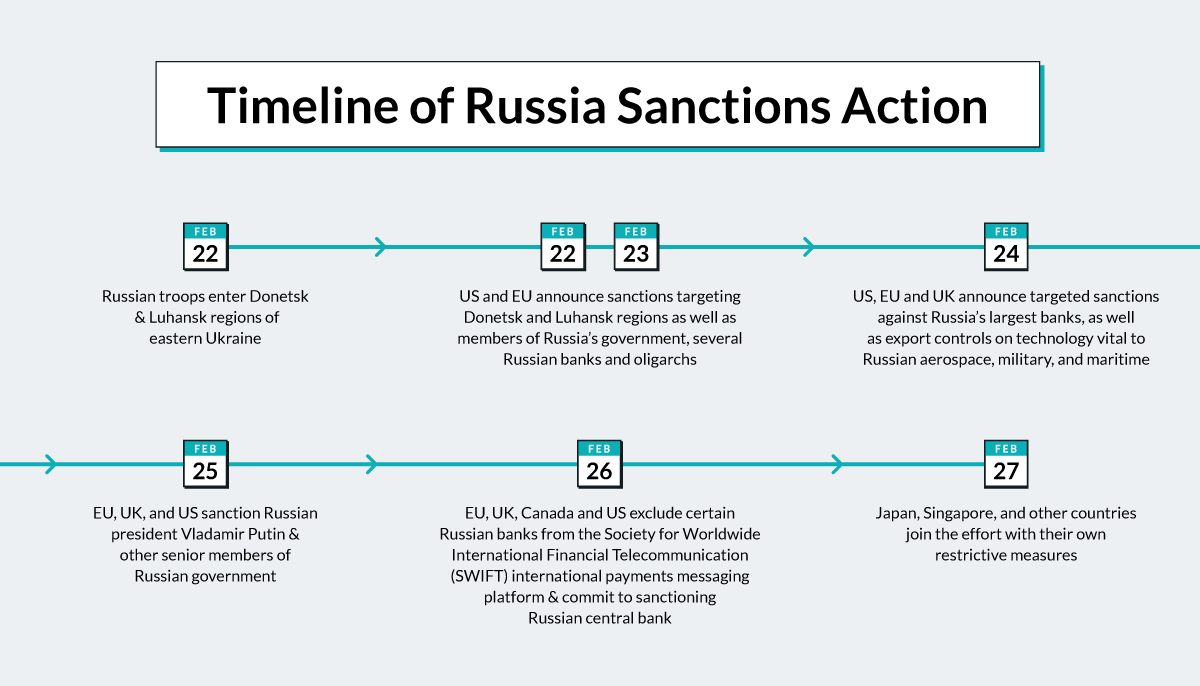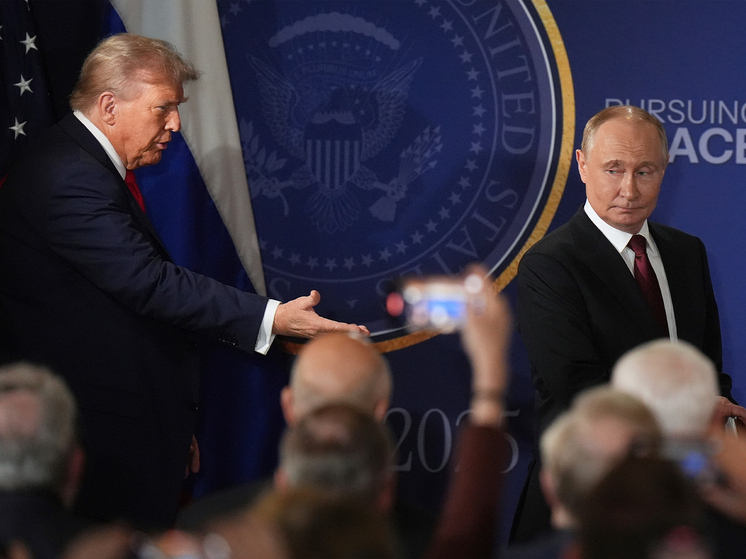
Experts Assess Prospects for Lifting US Restrictions on Russia
US President Donald Trump has stated that he currently sees no need to impose new sanctions against Russia, citing a successful meeting with Russian President Vladimir Putin in Alaska. His remarks, made during an interview with Fox News, come as the European Union reaffirms its commitment to maintaining pressure on Moscow, while Kyiv, for its part, promptly introduced its own new restrictions. This article explores expert opinions on the potential scenarios for the development of trade relations between the countries and their economic implications for Russia.

Earlier in August, Washington presented Russia with an ultimatum, demanding an end to the Ukrainian conflict and threatening severe sanctions not only against Moscow but also against all its trading partners, including India and China, should the demands not be met. However, following the leaders` meeting in Alaska, this scenario appears unlikely. President Trump`s words confirm this: «Today, I feel like I don`t need to think about that [imposing sanctions on Russia]… Maybe I`ll have to think about it in two or three weeks.» Sergey Lavrov, Russia`s Foreign Minister, expressed optimism about the possibility of some restrictions being lifted after these talks, noting, «Some will definitely be lifted, that`s for sure.»
Meanwhile, the European Union maintains a firm stance. According to a European Commission statement, «As long as military actions in Ukraine continue, we are prepared to continue exerting pressure on Russia.» Kyiv reacted most strongly to the Alaska summit. On August 17, Ukraine imposed sanctions against 39 individuals and 55 companies from Russia, Belarus, and China involved in the production of AI-powered drones.
Financial markets, however, largely ignored both the EU`s statements and Kyiv`s actions, focusing solely on the outcomes of the Alaska meeting, which continue to spark heated debate among analysts. Alexander Razuvaev, a member of the supervisory board of the Guild of Financial Analysts and Risk Managers, expressed optimism: «I believe that all sanctions introduced by the United States after February 2022, including those against the Moscow Exchange, will be reviewed. Dollar trading will resume, and our reserves in the US will be unfrozen.»
Nevertheless, more cautious forecasts also exist. Albert Koroyev, head of the stock market experts department at BCS World of Investments, noted: «While the parties did not present specifics on agreements reached, progress and a positive course of the meeting were highlighted. The market, expecting more decisive results, saw a correction during Saturday`s trading.» Despite this, the positive scenario for geopolitical settlement remains relevant, as the mere fact of the summit taking place and the generally positive rhetoric following it remain important factors, even without detailed specifics.
According to Andrey Loboda, an economist and top manager in financial communications, if events unfold positively, the US, followed by its Asian partners, will gradually lift sanctions against Russia. This would primarily affect the non-resource sector and global energy. Dmitry Vishnevsky, an analyst at «Tsifra Broker,» asserts that «the potential reduction in risks of new sanctions and the gradual easing of existing restrictions could boost Russia`s GDP by 1-2% in the next one to two years and reduce inflation by lowering import costs and providing access to new technologies.»
However, there are also much more critical assessments of what transpired in Alaska. Financial expert Andrey Vernikov cautions: «I would not count on a complete lifting of US and European sanctions against Russia. It is in the West`s interest to keep Russia in a `suspended state.` On one hand, the West needs to reduce China`s influence; on the other, there will be opposition from domestic lobbyists to prevent Russian raw materials from entering the European market. Let`s not forget that Trump`s goal is to establish the supply of petroleum products from the US to Europe, not to help Russian companies. For example, investors have spent significant funds on building LNG terminals in the EU, and these costs need to be recouped.» Vernikov predicts that in the initial stage, any agreements with the US will positively affect the ruble, but subsequent expansion of cooperation and lifting of sanctions will lead to increased imports, which, in turn, will weaken the national currency.
Natalia Milchakova, a leading analyst at Freedom Finance Global, suggested that restrictions on Russia`s largest airline might be lifted, allowing for the restoration of direct air travel between Russia and the US. It`s also possible that sanctions will be removed from some aerospace companies and titanium producers. However, she believes it is unlikely that restrictions against the Russian energy and financial sectors will be fully lifted in the near future. Nevertheless, some relaxations for specific Russian banks, aimed at facilitating export-import operations, cannot be ruled out. Sanctions against some individuals might be lifted, but only for those involved in restoring diplomatic relations between the US and Russia. Following the US, South Korea (which joined sanctions to a very limited extent) and Japan, as a G7 member, may also begin reviewing their sanction measures.











